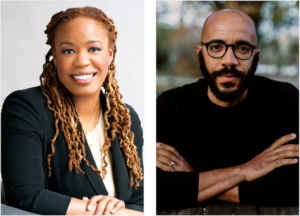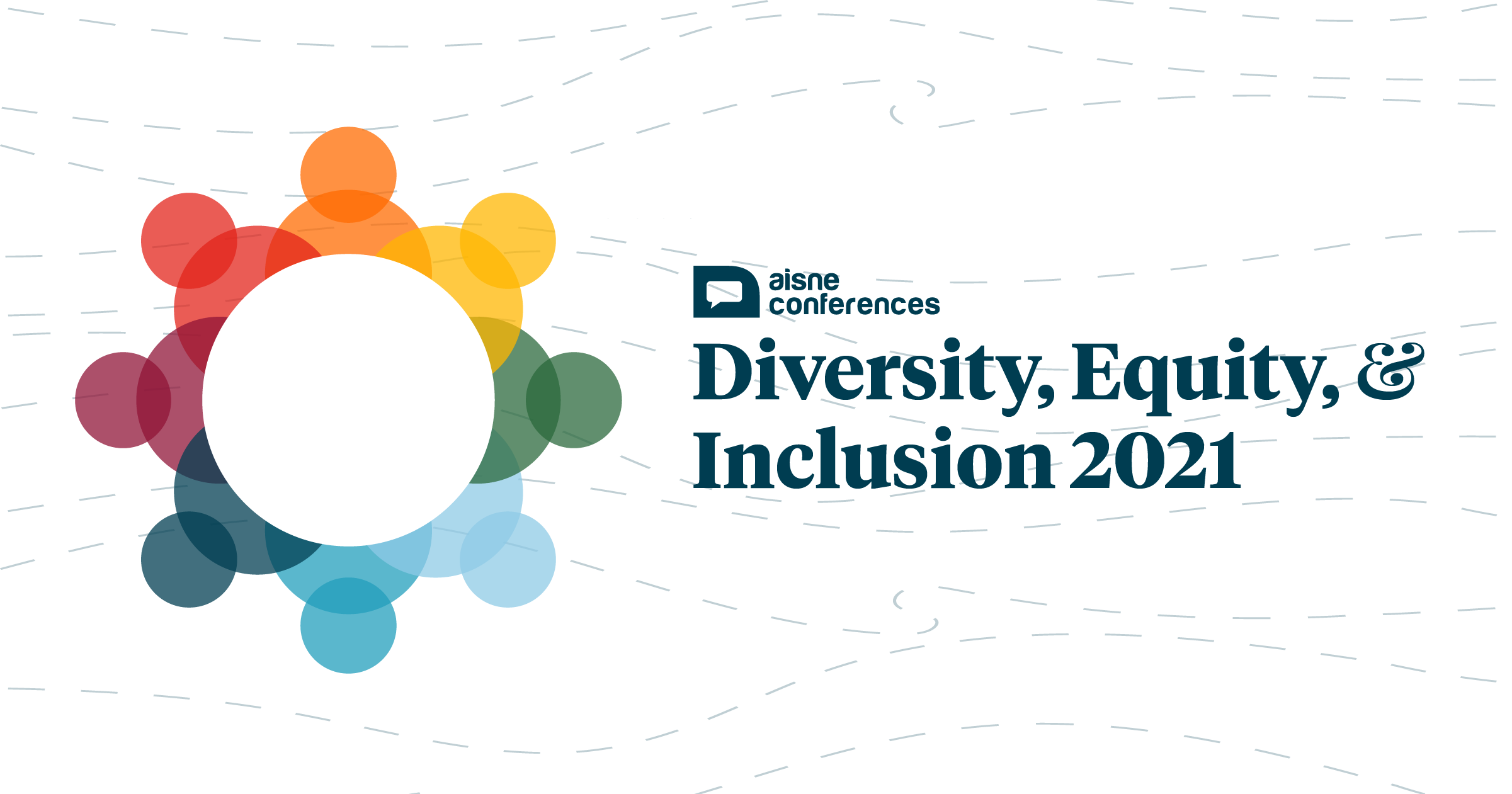Diversity, Equity & Inclusion 2021
Featuring Keynote Speakers

Heather McGhee and Clint Smith
Plus Spotlight Speakers

Marceline DuBose | Paul Gorski | Rosetta Lee
Join us for our annual diversity, equity, and inclusion conference — a four-day, virtual experience again this year!
Learn more about the day-to-day agenda and specific sessions here.
We invite schools to register a large group for the conference and strategize which sessions make sense for each individual to attend.
- Our team is energized for this conference and excited to foster connections with peers across the AISNE membership.
- The majority of the sessions will be recorded and also available asynchronously.
- The sessions that will not be recorded are scheduled at times we hope the majority of conference attendees can be available to attend.
Please be in touch should you have any questions!
Registration Details
Virtual Format Rates
AISNE Conferences are open both to AISNE member schools and non-member schools.
AISNE Member Schools
- $199 per person
- $179 per person for 3-4 participants*
- $149 per person for 5+ participants*
Non-Member Schools
- $299 per person
- $279 per person for 3-4 participants*
- $249 per person for 5+ participants*
*To utilize our Group Savings Rates, please designate one person from your school to register all participants at the same time.
If you have a question about placing a group registration, please contact us at info@aisne.org.
AISNE Conferences include takeaway content, tools, and resources. Notes and prompts are provided to support asynchronous and follow-up participant engagement. These resources are summarized and provided on a password-accessible web page.

